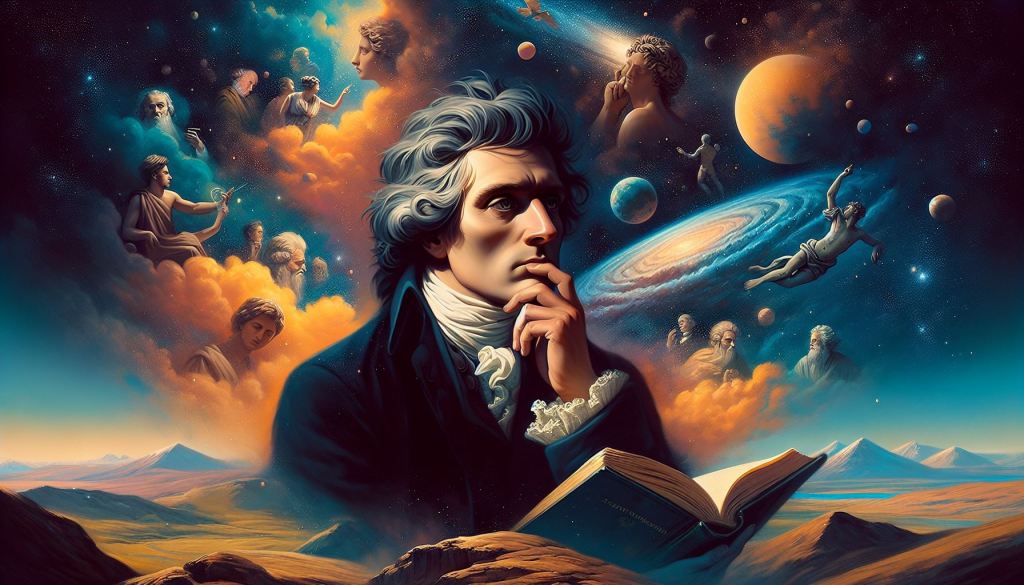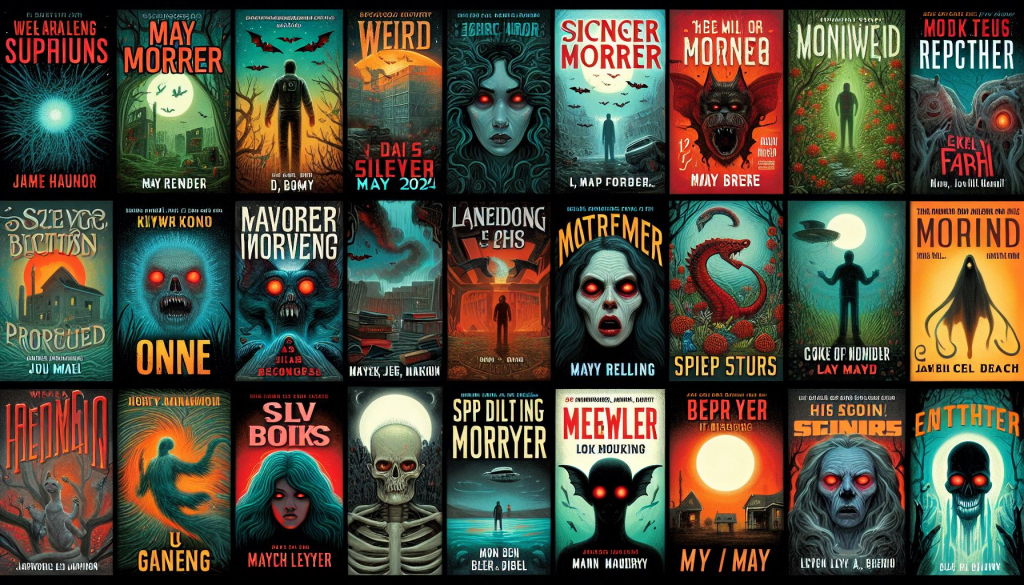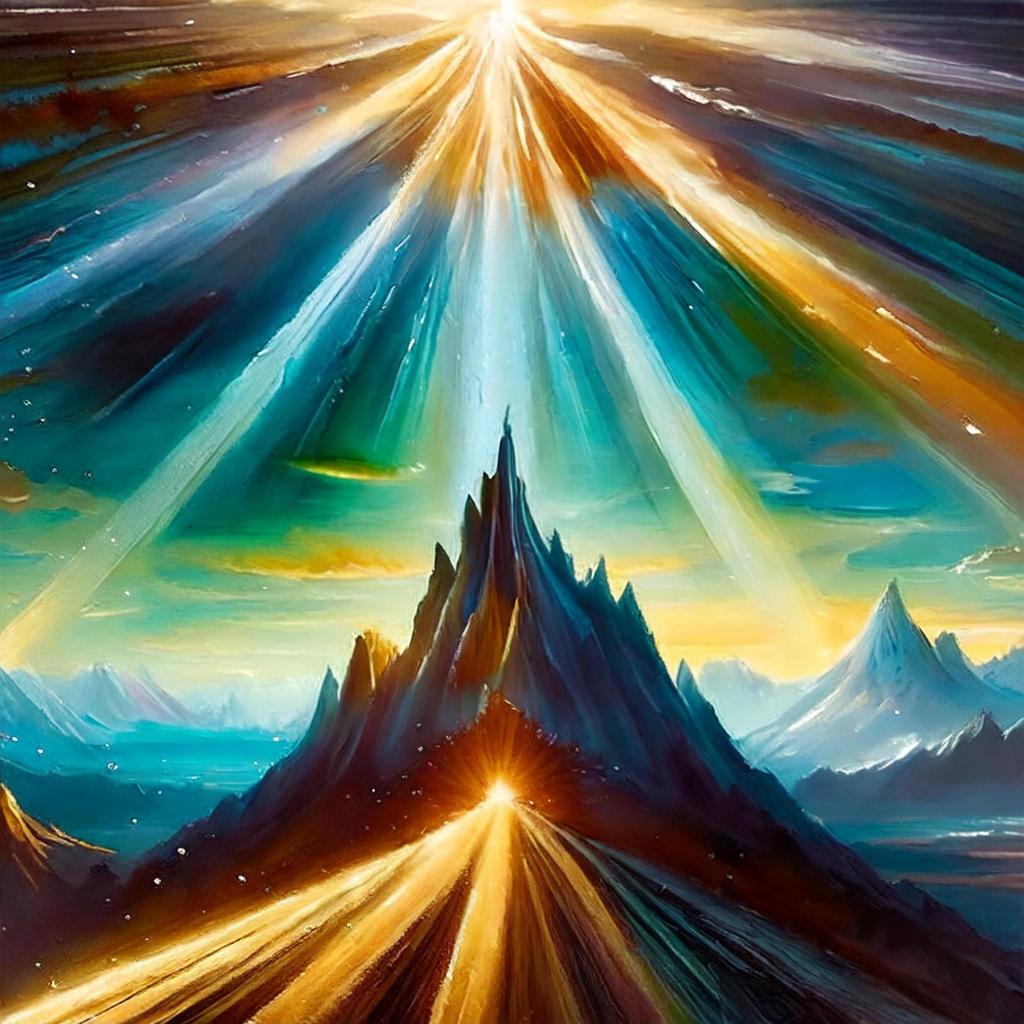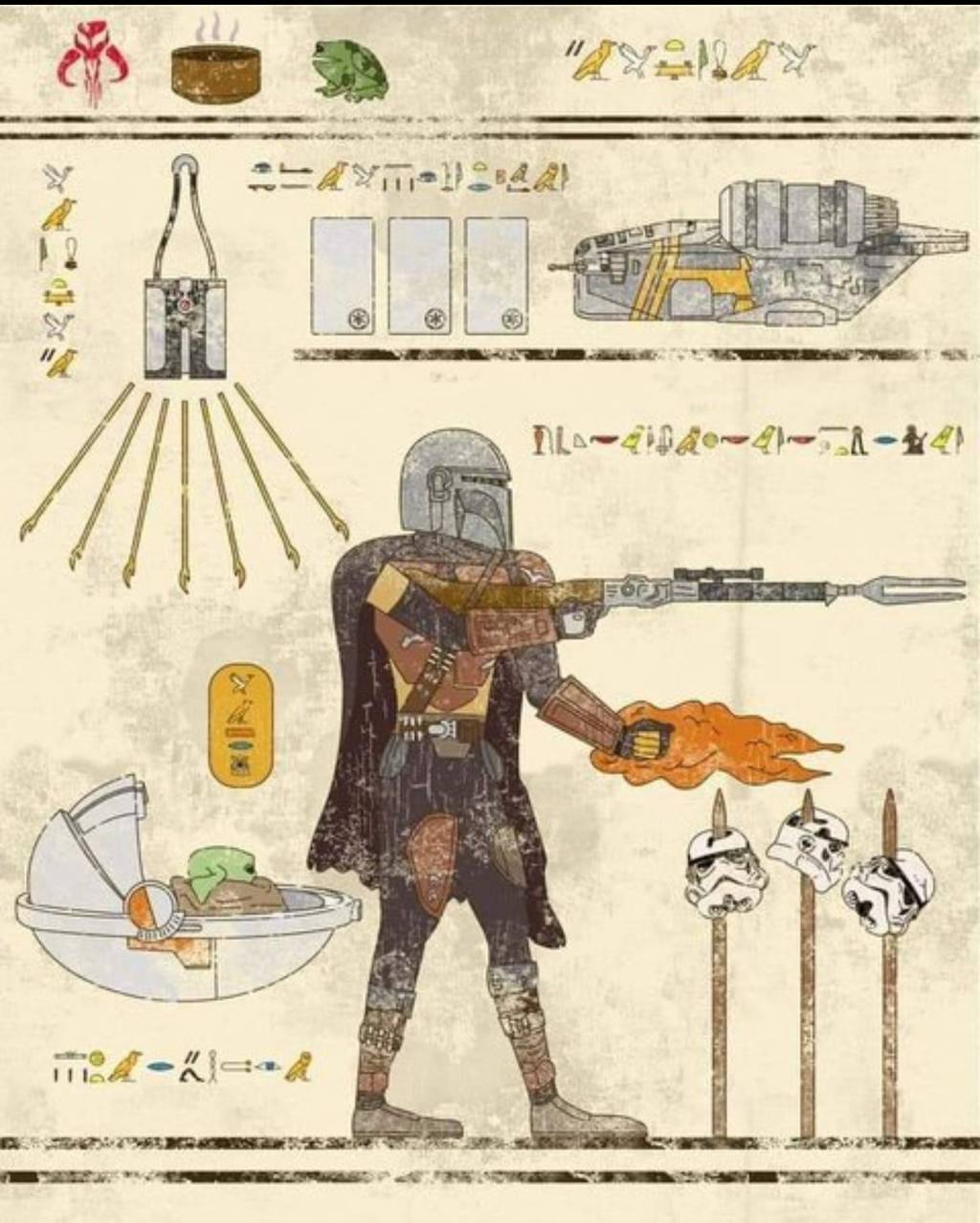Satan: Epic Hero or Villain? John Milton wrote one of the greatest epic poems of all time when he wrote Paradise Lost in 1667. The book tells about man’s creation and fall while detailing characters and the plot beyond what the Bible taught. One of these characters is Satan, which is one of the most argumented, controversial, and popular characters in the history of literature. The reason for controversary is the unclarity of whether or not Satan is a hero or a villain. He contains many qualities that distinguish him as a hero. On the other hand he also has qualities which say he is a villain.
In book 1 of Paradise Lost, Satan is painted as a much more complex figure than just being evil or on the opposite side of goodness. Milton renders Satan as a revolutionary leader with beauty and authority who charges his enslavement against the tyrannical God. Satan motivates and organizes the fallen legions just as any other revolutionary in our history, whom rebuttals against the crown or an unjust government.
His “ponderous shield … massy, large and round, behind them cast; the bred circumference hung on his shoulders like the moon” and “his spear, to equal which the tallest pine hewn on Norwegian hills” that he used to walk around with in Hell.
If you are enjoying this list on article, check out some of our love of literature content at the Ritual, here.
Milton builds Satan to be a beautiful angel and “above the rest in shape and gesture proudly eminent stood like a tow’r; his form had yet not lost all her original brightness, nor appeared less than archangel” (line 589). If Satan remains bright and the angels lust for the light, then Satan must hold the answer. Milton uses Satan’s beauty to inspire and make the angels feel as if they have found a “glimpse of joy, to have found their chief not in despair, to have found themselves not lost in loss itself” (line 526). Milton also describes Satan’s armaments in colossal measurements.
Such grandeur is to be admired and respected. These physical qualities are what make Milton’s Satan, a devil to be in love with; he is the warrior who faces opposition in spite of knowing the outcome to be a loss.
After the fall, Satan is the first to rise with an infinite resounding speech although the fallen angel’s usurpation has failed. Satan comments “all is not lost; the unconquerable will, and study of revenge, immortal hate, and courage never submit or yield… that glory never shall his wrath or might extort from me” (line 106). These are the kinds of words and speeches that boil men’s blood and give them reason to erupt. Satan has not yet given up; this failure has only fueled the assault for another attack against the “tyranny of Heav’n” (124).
Satan the Good Leader
Paramount to a good leader, Satan motivates his fallen equals on multiple accounts. When a comrade informs Satan about his distress of being in hell, Satan responds “Fall’n Cherub, to be weak is miserable doing or suffering” (159). To affirm more power in Satan’s words, he then charges the rest of the fallen angels to “awake, arise, or be forever fall’n” and when they heard they “were abashed, and up they sprang” (330). Clearly Satan is their opulent protagonist to whom they pledge their loyalty to. These fallen gods look to Satan similar to the central Americas looking to Che Guevara to liberate them from the tyrannical government.
Once Satan has called his “legions, angel forms, who lay entranced thick as autumnal leaves that strow the brooks,” they arise to the voice of their general to transform Hell into their new Heaven because “the mind is its own place, and in itself can make a Heav’n of Hell, a Hell of Heav’n” (302) (250). When Mammon dives underground to retrieve gold, he arises to build a temple that “not Babylon nor great Alcairo such magnificence equaled in all their glories, to enshrine Belus or Serapis” (720). This is evidence that Milton suggests the new kingdom of freedom, with more wealth and luxury than any human could construct. A revolution is once again being debated as the Angels swarm to the palace of pandemonium, “as bees in spring time, when the sun with Taurus rides, pour forth their populous youth about the hive in clusters” (770).
If you are enjoying this list on article, check out some of our love of literature content at the Ritual, here.
It is the Miltonic verse which sketches the ethereal beauty in Satan and the eternal revolution. Milton depicts Lucifer as a strong leader with grandeur, beauty and the intelligence to confront God in guise. It is this dynamic protagonist who drives the human emotion of this epic.
All rights reserved by Mind on Fire Books: Merchant of horror, sci-fi, and fantasy.






Leave a Reply